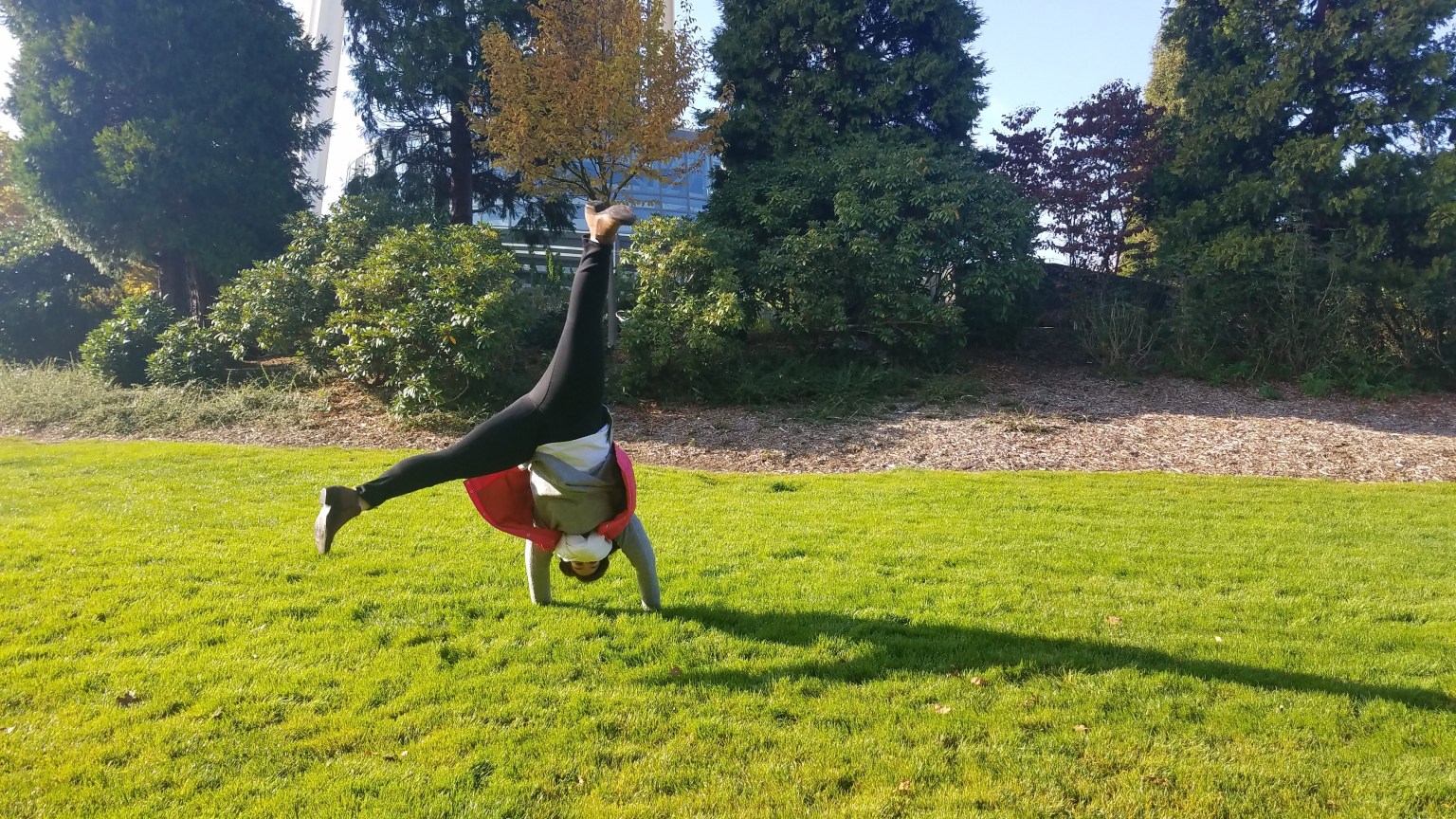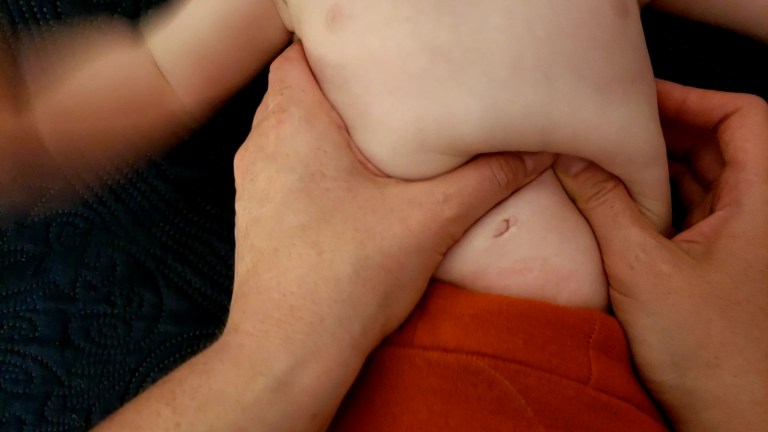Bowel movement. That's the medically appropriate wording to describe evacuating poop out of your body. Poop leaves your rectum, through your anus, and is expelled. Bowel movement. Movement. Move.
Move. Your. Body.
People often prescribe movement to someone who hasn't pooped in a while. (Working in hospital, I often hear "they haven't pooped yet. Get them up to walk"). People also attribute having a bowel movement to the physical activity they do.
So does movement really help someone to have a bowel movement?
The short answer: yes.
Check this study out. Research will never be able to account for every individual lifestyle – we will never be able to take a group of kids, and purposefully vary the amount of fruits and vegetables they consume, the amount of exercise they get, the water they drink, or the position they use to have a bowel movement – to then compare them all. However, this study does consistently show that participating in less than the recommended 60 minutes of activity per day is associated with symptoms of constipation. This means that a higher percentage of the kiddos in the study who did not achieve 60 minutes of exercise per day reported constipation, in comparison to a lesser percentage of the kiddos who did achieve 60 minutes of exercise per day reported constipation.
We can't pinpoint cause and effect. We can't say that exercising more will lead to more bowel movements. We can't say that eating more fruits and vegetables will lead to more bowel movements. But what we can do, is identify all of the factors that could be playing a role to increase the symptom of constipation, and work to resolve those factors. (Diet, exercise, toilet position and mechanics to evacuate stool, as well as a child's anatomy ALL play a role that either increase the likelihood of constipation or decrease it).
So, what does this mean?
This means if your child is constipated AND participates in less than the recommended 60 minutes of exercise per day, there is a good chance that increasing their daily activity level may help them to some degree, to achieve more normalized bowel movements.
I'm not saying it will cure their constipation – on the contrary, the kids that I see typically have poor habits so ingrained and so chronic that changing one factor isn't enough to counter the longstanding dysfunctional body functions. But what I do know, is that if you increase enough of those factors that play a role, you will help them overcome the constipation.
Another factor that plays a role is abdominal movement. When a child plays and moves throughout the day, there is movement in all directions. Twisting, stretching, contracting, breathing. All of these things create movement in the belly in all different directions. I can't be sure, but my clinical judgement tells me that multi-directional movement directly affects the process of the intestines moving stool through the GI system.
With movement, there may be increased peristalsis activation, as well as stretching of the abdominal connective tissue. All GOOD things when it comes to wanting to get a person to have more bowel movements!
If a child has presented with any type of abdominal pain, they very likely have presented with some abdominal guarding in the past – think bracing in anticipation for something – clenching the jaw and tightening up in preparation for a shot in the arm – its not functional or appropriate, but does that help you get the picture of what guarding is? Muscular guarding is when a person anticipates or reacts to pain, and muscles turn on and stabilize to do what they think is best to protect from pain. But the sad part of this, is that if abdominal guarding continues to happen, over time this guarding leads to adhesions in the abdominal cavity – tighter connective tissue leads to restricted movement of everything in the belly – including the GI system. Limited movement of the GI system can contribute to decreased peristalsis activity and make constipation worse.
So, does movement help you to have a bowel movement? In my opinion, yes. It stimulates the GI system to promote the process of peristalsis, and it assists to stretch out potentially tight abdominal connective tissue (which can restrict the GI system from working like it is supposed to). So, in conclusion... MOVE!
How much activity does your child participate in? Is there more screen time than movement time? Do they move in all directions, or do they avoid certain movements? Are they always curled up on a couch? Think about how the positions they usually sit in could be affecting their abdominal connective tissue and GI system.
Related Posts










